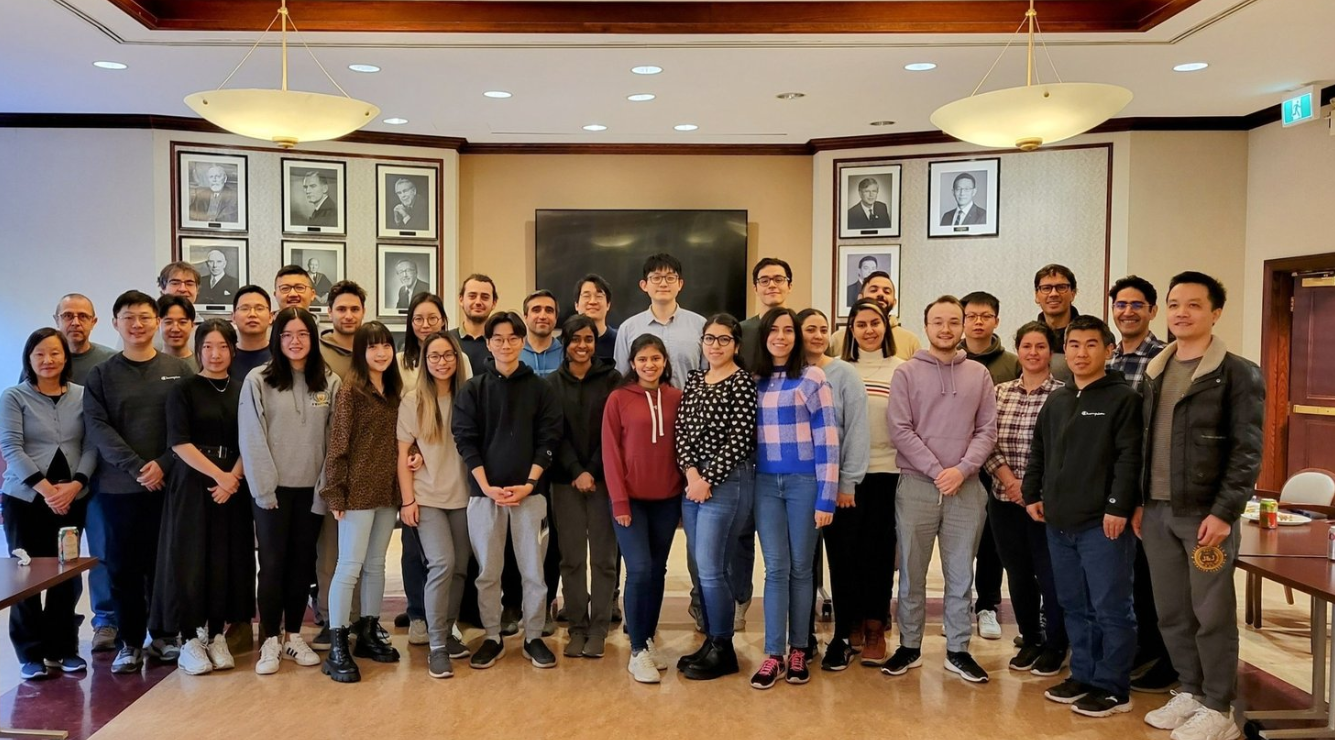In the University of Toronto’s Sinton Lab, part of the Acceleration Consortium, a revolution in addressing climate change is underway. This self-driving laboratory, under the guidance of Professor David Sinton, is pioneering the use of artificial intelligence (AI) to transform captured carbon dioxide into valuable products like ethanol and ethylene, key components in a range of products from biofuels to food packaging.
“It’s what’s known as a self-driving laboratory which puts artificial intelligence in the driver’s seat,” said Sinton, illustrating the lab’s innovative approach. By leveraging AI, Sinton’s team can swiftly experiment with new materials and molecules, marking a significant step forward in the quest to mitigate climate change’s impact.
AI’s role is crucial, as Sinton stated: “AI predicts the percentage of copper and other materials needed to synthesize the desired gas,” thereby refining its recommendations based on continuous data input and significantly accelerating the research process.
This AI-assisted methodology allows for “100 tests a week compared to about one test a week without it,” demonstrating the technology’s capability to drastically speed up the discovery of new materials and solutions. As climate change continues to pose a formidable challenge, Sinton acknowledges the urgency of the situation: “Again it’s upward it’s trending in the right direction but the slope doesn’t match the 2050 goals so I really we really do need acceleration.”
While the lab’s work focuses on converting CO2 into useful substances, it’s part of a larger narrative on how AI can aid in various environmental efforts, from monitoring deforestation to improving battery materials. Sinton’s optimism is palpable.
“AI has already made predictions his team wouldn’t have come up with themselves,” said Sinton, underscoring AI’s potential to lead to groundbreaking discoveries.
The path to leveraging technology in combatting climate change is fraught with skepticism and challenges. Critics argue that the energy expended in capturing and converting CO2, alongside the environmental costs of mining and industrial processes, might negate the benefits. Moreover, concerns about global warming’s irreversible trajectory and its devastating effects add layers of complexity to the discourse on sustainable solutions.
Yet, the advancements at the Sinton Lab illustrate a commitment to exploring every possible avenue to address climate change. Sinton’s vision for a future where AI fully operates the lab reflects a belief in technology’s role in navigating and perhaps overcoming some of these challenges.
“His goal,” he said, “is to have AI fully run the lab,” a testament to his faith in AI’s capacity to bring about major breakthroughs in our search for solutions.
As the debate on the most effective strategies for environmental conservation continues, the work being done in laboratories like Sinton’s serves as a reminder of the potential for innovation and technology to contribute to this global fight. It underscores the importance of pursuing diverse approaches, including technological advancements, to devise effective and efficient strategies against climate change.
Featured image: Credit: Sinton Lab






